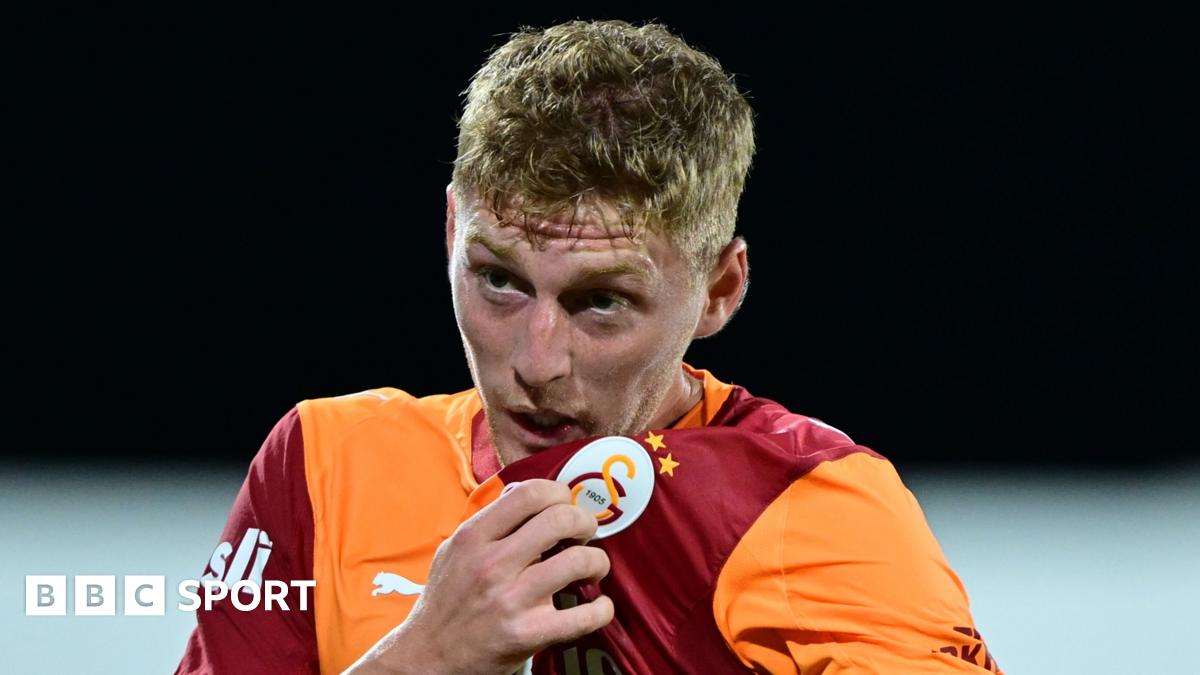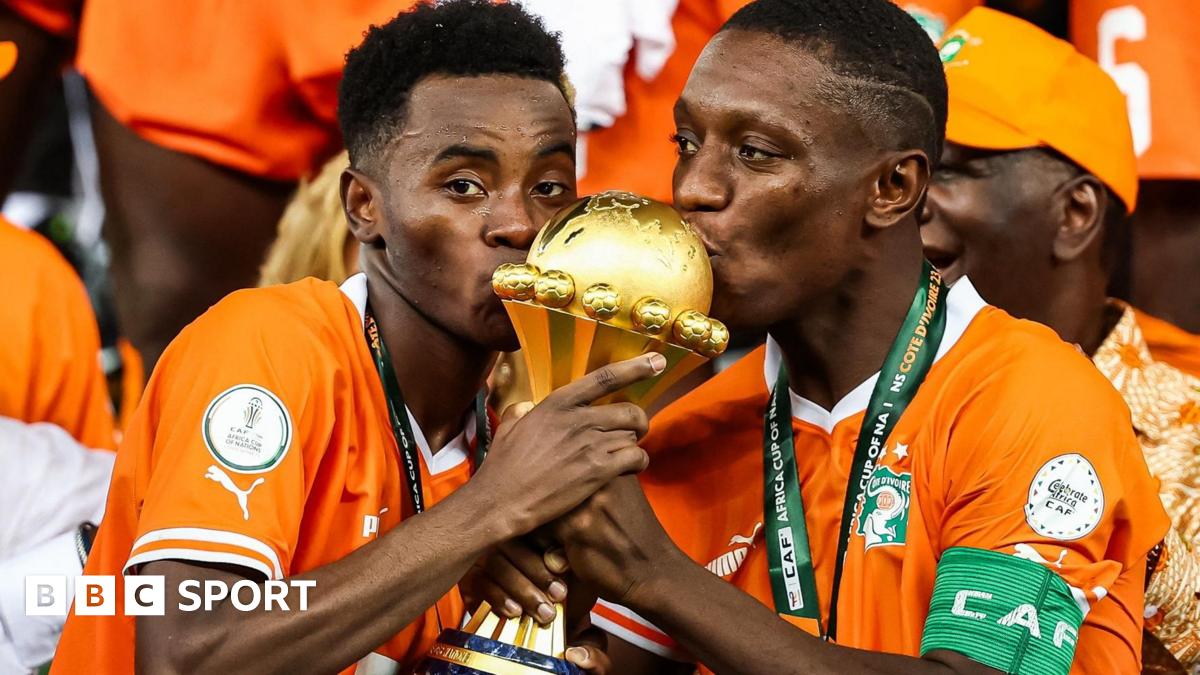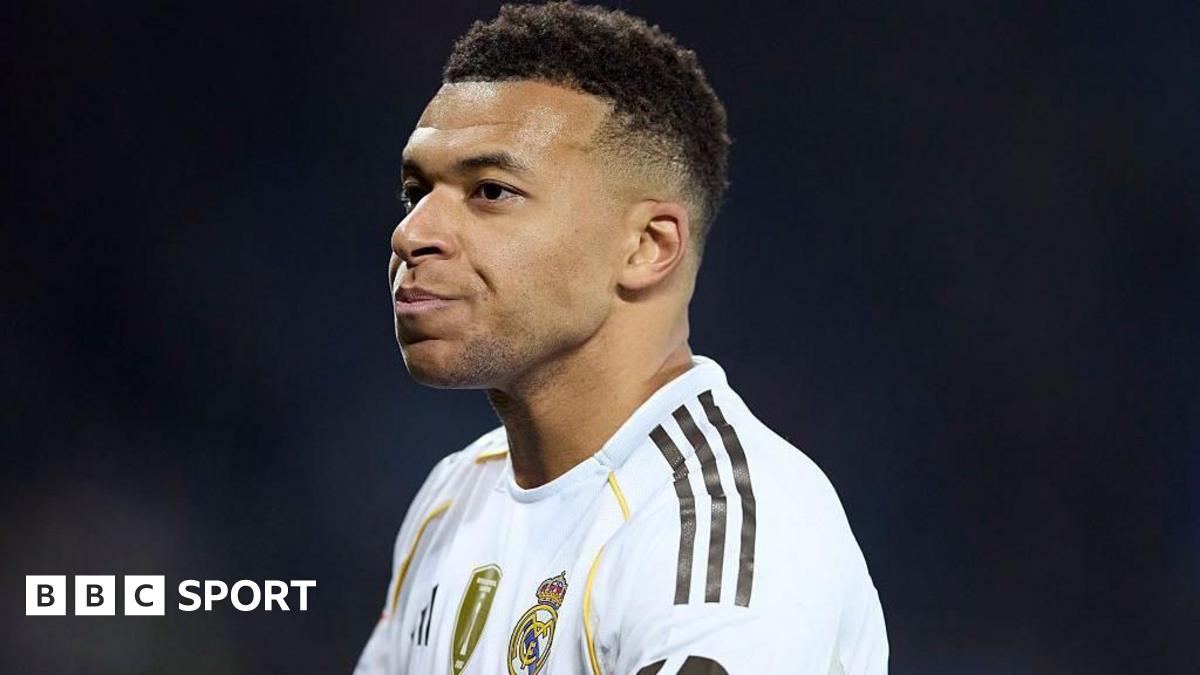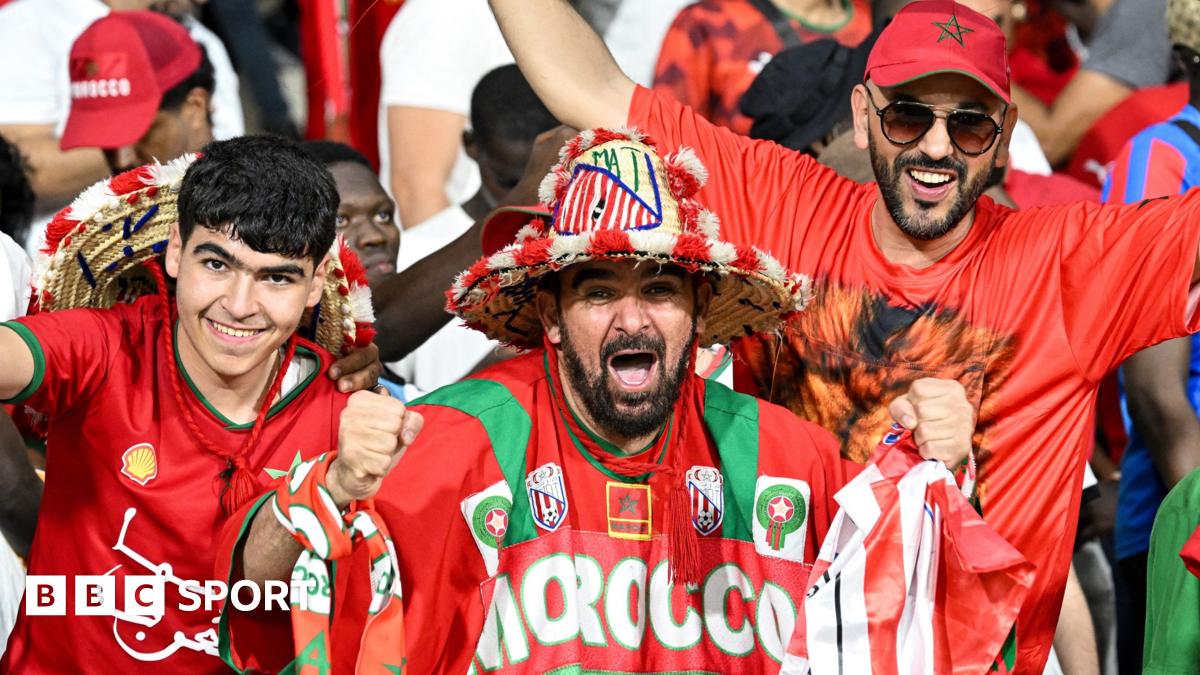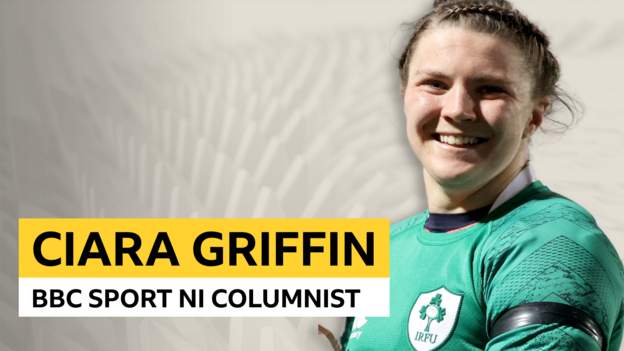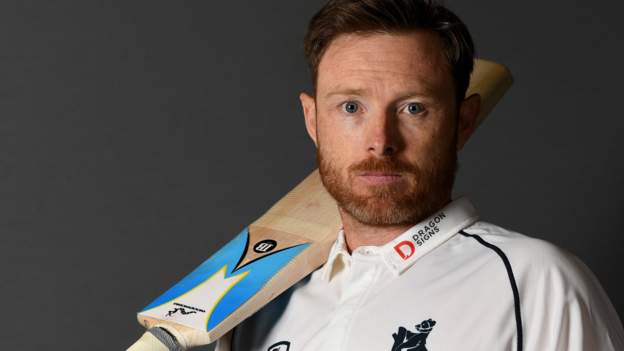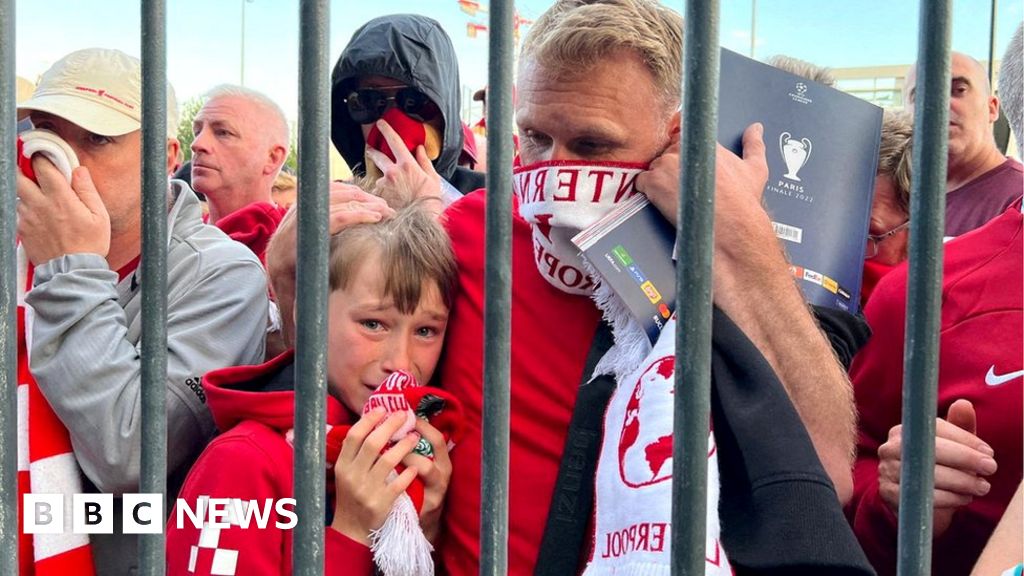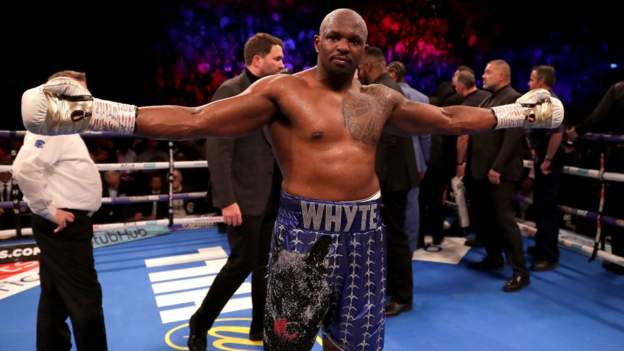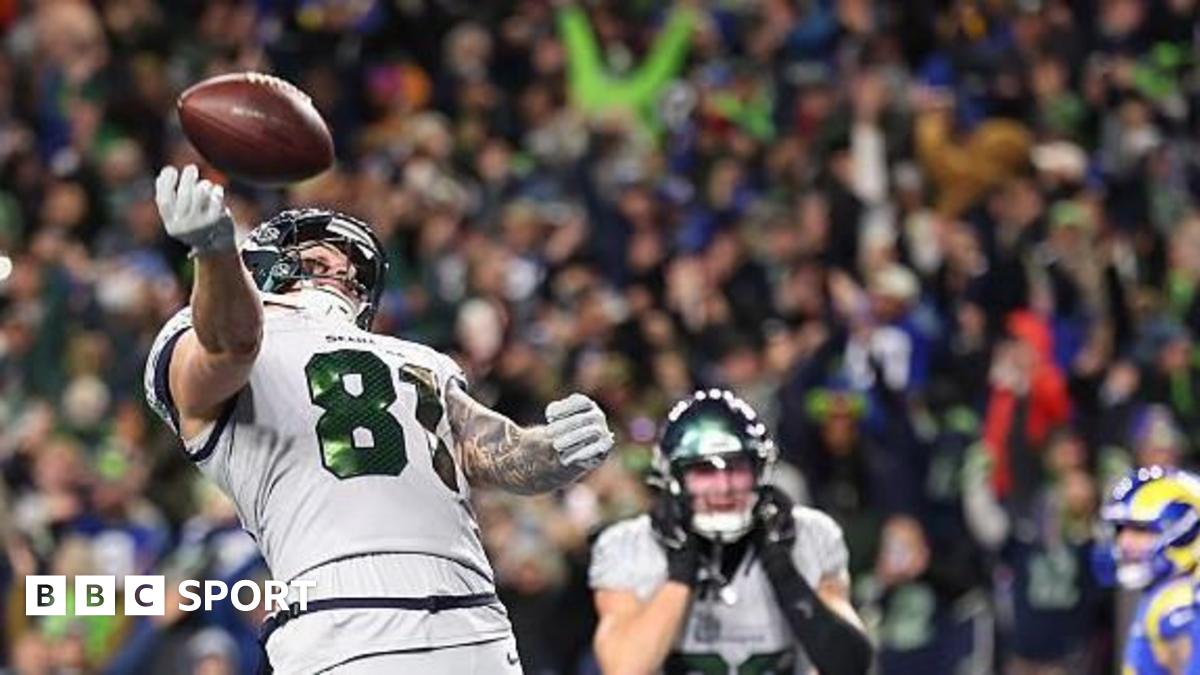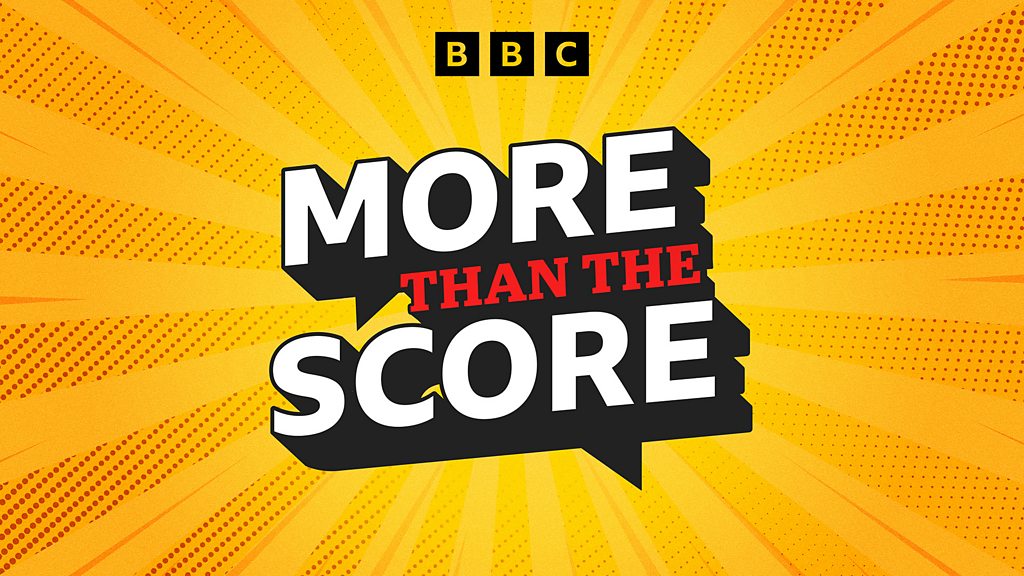| Venue: Musgrave Park, Cork Date: Sunday, 10 April Kick-off: 17:00 BST |
| Coverage: Watch on BBC iPlayer; live text commentary on the BBC Sport website & app. |
Ireland were their own worst enemies at times against France.
France are always strong at home, but the Irish players often looked like they were caught in two minds and that played into French hands.
Losing to France won’t define this Ireland team, but nailing down the basics and improving in a number of key areas is critical as they prepare to welcome Italy to Cork on Sunday.
Test rugby is a steep learning curve. It can be an unforgiving classroom, but it was frustrating to see the mistakes that Ireland identified as key to their downfall against Wales repeated in Toulouse.
A defeat like the one in France can make you feel quite lonely but it is important to take the learnings and put them into practice. That must start against the Italians.
Discipline is key
Ireland conceded 12 penalties against France. It was lower than the Wales game, but it’s still too high a number.
Conceding those penalties hands possession back to the other team and kills your own momentum. Games can become stop-start and Ireland need to work on that.
There is an option to bring referees into camp to ref some contact areas because a lot seems to happen at the contact area.
But they also need to look at simple things like being offside from set-pieces. Ireland gave away two penalties from that alone and that comes from literally taking an extra step – it’s a discipline, not a skill.
Referees do their analysis on teams just like teams do analysis on the opposition and referees will see discipline as an area for them to watch out for. If you don’t paint good pictures for referees, they can form an image in their head.
The second part of Ireland’s discipline comes down to communication with the referee.
What I love about rugby is the line of communication existing solely between captain and referee, but at times against France, there were too many voices speaking to the ref.
It’s about team discipline. With too many voices, you don’t want to give officials that doubt where there’s a 50-50 decision, they’ll go with the other team based on the behaviour they’ve seen.
We all love that about rugby that there’s a line of respect between the captain and referee. That needs to be brought back in.
Nichola Fryday did a good job again in speaking to the ref, but the players need to remember that there’s a process for a reason and they can’t allow habits like that to creep into the game against Italy.
Simple fixes can bring big rewards
Some of Ireland’s problems are simple fixes. This team are in the early stages of developing a new era, but you still have to get the basics right: reduce the penalty count, cut out the unforced errors because you can’t play rugby without the ball.
Against France, Ireland managed to build phases but either an unforced error, a handling error or a turnover broke the momentum. It went from a good attacking platform to defence and constant defence is tiring.
It looked like the Irish players were thinking two or three steps ahead before they’d even caught the ball. I’ve always believed in catching the ball and then seeing what’s there in front of you.
Ireland were guilty of trying to do too much on their own, and it cost them.
Ultimately, Saturday showed the gap that exists between Ireland and the top teams, but it also proved the value of cohesion.
Whereas Ireland are still learning, this French team have vast experience and a squad that has largely been there since the last World Cup. They are reaping the rewards of that continuity.
Time for changes
I was surprised that Greg McWilliams said he didn’t want to make changes for France because it would send the “wrong picture”.
In high performance sport, there’s not much room for feelings. For me, game selection should always be based on performance and not on hurting feelings.
It’s time for other players to be given the opportunity. They say this is a developmental period for the team, so let them develop and give them the chance to stake their claim for a spot in the starting line-up or matchday 23.
In the back row, Hannah O’Connor did quite well when she came on. Brittany Hogan did well at times, she was good under the high ball, but she’s had two opportunities at eight so there’s a chance to give O’Connor an opportunity to put her stamp on it and show what she can do at the back of a scrum.
It could be time to bring Beibhinn Parsons in from the start as well. She’s come off the bench a couple of times and hasn’t gotten much opportunity on the ball which would have been frustrating for her.
Parsons has been coming off an injury but I’d like to think she’ll be ready for a start and she’ll relish that chance. She has quick feet and can evade tackles so she could be a dangerous outlet against the Italians.
Beating Italy is a must, but we also need to see a reduction in Ireland’s unforced errors, an improvement in the discipline particularly around the breakdown area and better timings at the line-out.
Execute in those areas and they should enjoy a successful day in Cork which will both breathe confidence into the squad and build trust in this new era.
Ciara Griffin was speaking to BBC Sport’s Matt Gault.

